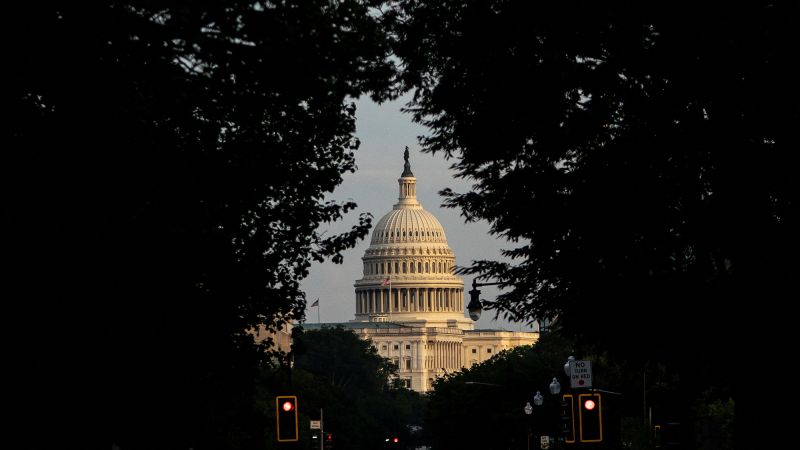In a significant move reflecting growing concerns about the regulation of artificial intelligence, the United States Senate has cast a near-unanimous vote to eliminate a proposed ten-year suspension on the enforcement of state-level regulations concerning AI. This change was made within a comprehensive domestic policy bill championed by Republican lawmakers. The original provision, which aimed to implement the moratorium, would have effectively barred states from enforcing many of their existing and forthcoming laws related to AI technology, including pivotal regulations governing sexually explicit content and political deepfakes, for an entire decade.
The controversy surrounding this moratorium first gained traction when Republicans on the Senate Commerce Committee attempted to tie compliance with the suspension to critical federal funding aimed at enhancing internet infrastructure. Such a move raised alarms among various stakeholders in the tech industry, advocacy groups, academics, state regulators, and lawmakers. There was substantial concern that the moratorium could hinder necessary accountability measures for technology companies, particularly in an environment where comprehensive federal legislation on AI is notably absent. Opponents feared that without state authority to impose regulations, tech companies might operate with impunity, potentially exacerbating existing societal harms.
In a decisive action, the Senate held a vote on a proposed amendment on Monday night, which resulted in an overwhelming support of 99 to 1 in favor of removing the contentious provision from the bill. Notable co-sponsors of the amendment included Senators Ed Markey, Maria Cantwell, and Marsha Blackburn, who rallied for collective political responsibility in the face of rapid technological advancement.
Senator Markey articulated the essence of the Senate’s vote in a subsequent statement, asserting that the overwhelming support conveyed a clear message: Congress would not compromise the welfare of children and local communities to benefit tech billionaires. He emphasized the need for responsible regulations, expressing his eagerness to collaborate with colleagues on establishing appropriate guardrails for the burgeoning AI landscape.
This vote occurred during a lengthy session known as a “vote-a-rama,” which featured a multitude of amendments under consideration. Republican ambitions for the legislation were focused on delivering the bill to President Donald Trump’s desk before Independence Day. Despite the Senate’s enthusiasm, the bill would still need to proceed back to the House for further examination if it were to pass the Senate.
There were significant political stakes involved, particularly from members in the House of Representatives. Representative Marjorie Taylor Greene publicly announced that she would oppose the agenda bill if the Senate maintained the moratorium on AI regulations, indicating how essential this issue had become in garnering bipartisan support.
Following the vote, there was a palpable sense of relief among those opposed to the AI regulation moratorium. Individuals from various advocacy groups expressed their satisfaction, highlighting the importance of state-level legislative efforts in safeguarding the public from the myriad risks associated with AI technology. Ilana Beller, serving as the democracy organizing manager at Public Citizen, praised the bipartisan progress made by state legislatures in this arena. Beller underscored that the defeat of the moratorium would allow necessary protections to remain intact, thereby benefiting millions of Americans.
In conclusion, the Senate’s recent vote underscores a pivotal moment in the ongoing dialogue surrounding the regulation of artificial intelligence in the United States. As tech companies continue to evolve and integrate AI into various sectors, the possibility of state-level regulatory mechanisms is crucial. With federal legislation still in the works, this recent development reflects an essential commitment by lawmakers to prioritize consumer protection over the interests of large tech corporations. It sets a precedent for continued legislative scrutiny and engagement in the fast-evolving field of artificial intelligence.











